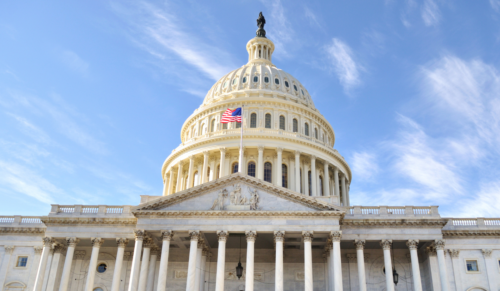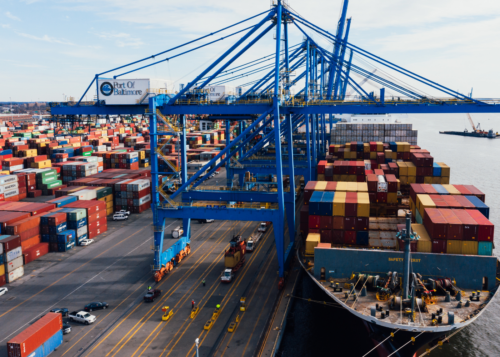Have We Finally Reached the ‘End of History’?
By: / 02.24.2011
 Are the current pro-democracy uprisings in the Middle East a vindication of Francis Fukuyama’s theory about the ‘End of History’? Max Borders ponders the question over at the Daily Caller, arguing that the demonstrations in Libya, Tunisia, Bahrain, Egypt, and elsewhere are at least partial proof of Fukuyama’s ideas.
Are the current pro-democracy uprisings in the Middle East a vindication of Francis Fukuyama’s theory about the ‘End of History’? Max Borders ponders the question over at the Daily Caller, arguing that the demonstrations in Libya, Tunisia, Bahrain, Egypt, and elsewhere are at least partial proof of Fukuyama’s ideas.
For those uninitiated in Fukuyamaism, the now-Stanford Hoover Institute political philosopher argued in The National Interest in 1989 that “What we may be witnessing is not just the end of the Cold War, or the passing of a particular period of post-war history, but the end of history as such: that is, the end point of mankind’s ideological evolution and the universalization of Western liberal democracy as the final form of human government.” In a matter of time, all countries in the world would inevitably evolve in one way or another towards capitalist liberal democracy, because only it can satisfy mankind’s universal yearnings for freedom and dignity.
Looking at the current upheaval in the Middle East, there is some evidence supporting Fukuyama’s argument. The crowds are overwhelmingly calling for democracy. From the Islamists to the Communists, anti-regime protestors seem genuinely eager to put their ideas to the electoral test. For all the talk about Chinese-style market authoritarianism being a sexy ideological competitor to liberal democracy, few of the millions of individuals braving oppression on the streets are demanding local versions of the Chinese Communist Party. The accountability and equality that democracy ideally provides appears to be the most appealing form of government to most of the world. Score one for Fukuyama.
It is equally true, however, that there seems unanswered questions regarding whether the Middle East would embrace either American-style capitalism or social liberalization. For all Borders’ (and Fukuyama’s) entreaties, there is no indication of popular petitions in these protests for free markets or libertarianism. The majority of those in the streets of Egypt and Libya are practicing Muslims and may prefer some form of Islamic democracy. Polls show that the biggest values gaps between the Islamic world and the West occur over the issues of gay rights, women’s rights, and other matters of social freedom. “Muslim publics overwhelmingly welcome Islamic influence over their countries’ politics,” as a December 2010 survey by the Pew Global Attitudes Project found.
Surveys show that what (most) Americans see as freedom in the realms of sexual preference, marriage, and families looks to many of the world’s Muslim-majority countries as moral decay and decadence. The full separation of religion and state is also less appealing to the world outside the West, where secularism (let alone atheism) is much more frowned upon. None of this is to imply that Islam is incompatible with free markets or liberalism—only that there is no inevitability that they will all necessarily combine.
Rather than The End of History, I would suggest a variation of Fareed Zakaria’s notion of ‘Illiberal Democracy’ is a more accurate indicator of where the world seems to be heading. Writing in Foreign Affairs in 1997, Zakaria presciently saw that while many countries were embracing the ballot box in the post-Cold War world, the rule of law and human rights norms were far less popular. “Since the fall of communism, countries around the world are being governed by regimes…that mix elections and authoritarianism—illiberal democracy,” Zakaria wrote in the book he based on his Foreign Affairs essay. A different form of illiberal democracy might be erupting in the Middle East, one where the full trappings of democracy are united with a deep social conservatism that cannot be considered ‘liberal’ in any sense of the word. These regimes might be more democratic than the ones Zakaria described, but they could be equally illiberal, albeit in a different manner.
Fukuyamians would likely respond, like good Hegelians, that illiberal democracy is just a bump on the inevitable path to liberal democracy. It is a phase that will be experienced but eventually jettisoned as it is realized that the universal yearning for individuals’ self-determination is stronger than any other desires. Perhaps. But history is known to thwart all predictions. But what seems clear for now is that the crowds in the Middle East like the ‘democracy’ part of Fukuyama’s cherished ideology. The liberal part? Remains to be seen.






